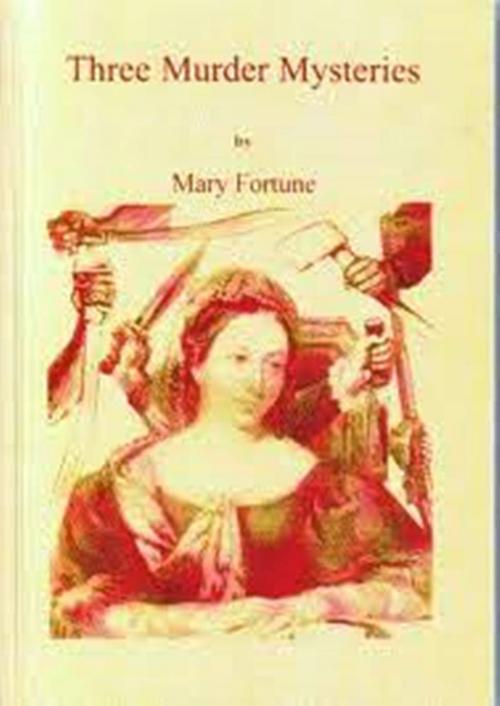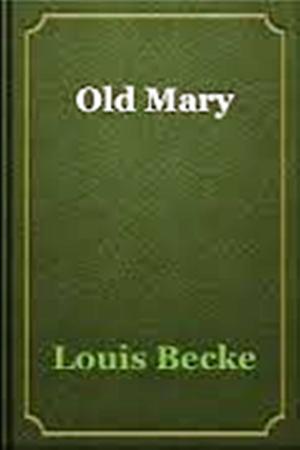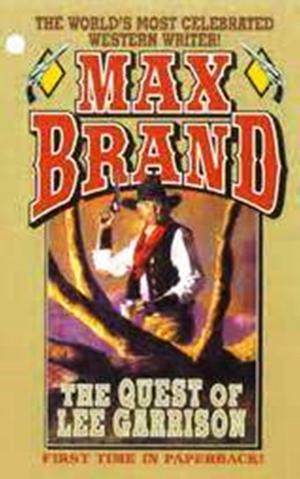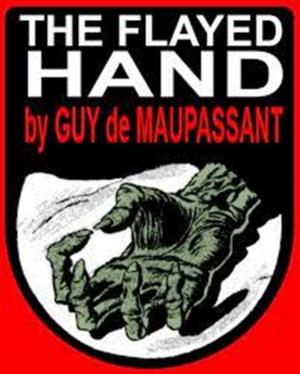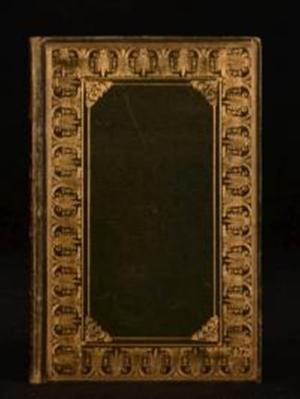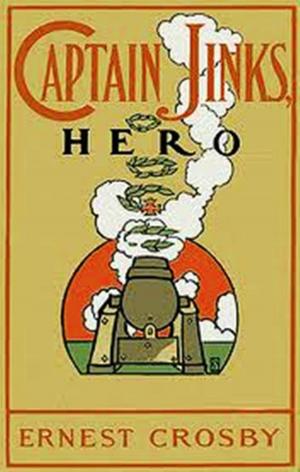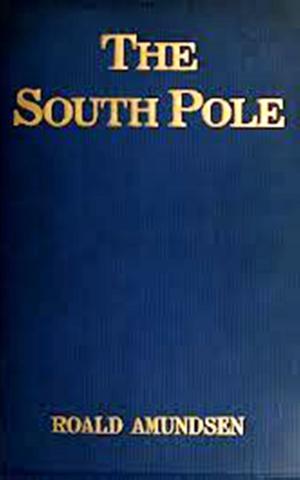| Author: | Mary Fortune | ISBN: | 1230000192907 |
| Publisher: | WDS Publishing | Publication: | October 29, 2013 |
| Imprint: | Language: | English |
| Author: | Mary Fortune |
| ISBN: | 1230000192907 |
| Publisher: | WDS Publishing |
| Publication: | October 29, 2013 |
| Imprint: | |
| Language: | English |
In the year 1858 I had established a flourishing practice in London; a practice which I owed a considerable portion of, not to my ability, I am afraid, but to the fact that I occupied the singular position of a man professional, who was entirely independent of his profession. Doubtless, had I been a poor man, struggling to earn a bare existence for wife and family, I might have been the cleverest physician that ever administered a bolus, yet have remained in my poverty to the end of time. But it was not so, you see. I was the second son of a nobleman, and had Honourable attached to my name; and I practiced the profession solely and entirely because I had become enamoured of it, and because I was disgusted at the useless existence of a fashionable and idle young man, and determined that I, at least, would not add another to their ranks.
And so I had a handsome establishment in a fashionable portion of the city, and my door was besieged with carriages, from one end of the week to the other. Many of the occupants were disappointed, however, for I would not demean myself by taking fees from some vapourish Miss or dissipated Dowager. Gout in vain came rolling to my door, even though it excruciated the leg of a Duke; I undertook none but cases that enlisted my sympathy, and after a time the fact became known and my levees were not so well attended.
One day I was returning on horseback toward the city. I had been paying a visit to a patient in whom I was deeply interested, and for whom I had ordered the quiet and purer air of a suburban residence. I had reached a spot in the neighbourhood of Kensington, where the villas were enclosed in large gardens, and the road was marked for a considerable distance by the brick and stone walls that enclosed several of the gardens belonging to those mansions. On the opposite side of the road stood a small country-looking inn, which I had patronised before, and I pulled up my horse and alighted, for the purpose of having some rest and refreshment after my ride.
As I sat in a front room sipping my wine and water, my thoughts were fully occupied with a variety of personal concerns. I had received a letter from my mother that morning, and the condition of the patient I had recently left was precarious in the extreme.
It was fortunate that I was thought-occupied and not dependent upon outward objects to amuse them, for although the window at which I sat was open, it presented no view whatever, save the bare, blank, high brick wall belonging to a house at the opposite side of the road. That is to say, I presume, it enclosed some residence, for from where I say not even the top of a chimney was visible.
In the year 1858 I had established a flourishing practice in London; a practice which I owed a considerable portion of, not to my ability, I am afraid, but to the fact that I occupied the singular position of a man professional, who was entirely independent of his profession. Doubtless, had I been a poor man, struggling to earn a bare existence for wife and family, I might have been the cleverest physician that ever administered a bolus, yet have remained in my poverty to the end of time. But it was not so, you see. I was the second son of a nobleman, and had Honourable attached to my name; and I practiced the profession solely and entirely because I had become enamoured of it, and because I was disgusted at the useless existence of a fashionable and idle young man, and determined that I, at least, would not add another to their ranks.
And so I had a handsome establishment in a fashionable portion of the city, and my door was besieged with carriages, from one end of the week to the other. Many of the occupants were disappointed, however, for I would not demean myself by taking fees from some vapourish Miss or dissipated Dowager. Gout in vain came rolling to my door, even though it excruciated the leg of a Duke; I undertook none but cases that enlisted my sympathy, and after a time the fact became known and my levees were not so well attended.
One day I was returning on horseback toward the city. I had been paying a visit to a patient in whom I was deeply interested, and for whom I had ordered the quiet and purer air of a suburban residence. I had reached a spot in the neighbourhood of Kensington, where the villas were enclosed in large gardens, and the road was marked for a considerable distance by the brick and stone walls that enclosed several of the gardens belonging to those mansions. On the opposite side of the road stood a small country-looking inn, which I had patronised before, and I pulled up my horse and alighted, for the purpose of having some rest and refreshment after my ride.
As I sat in a front room sipping my wine and water, my thoughts were fully occupied with a variety of personal concerns. I had received a letter from my mother that morning, and the condition of the patient I had recently left was precarious in the extreme.
It was fortunate that I was thought-occupied and not dependent upon outward objects to amuse them, for although the window at which I sat was open, it presented no view whatever, save the bare, blank, high brick wall belonging to a house at the opposite side of the road. That is to say, I presume, it enclosed some residence, for from where I say not even the top of a chimney was visible.
